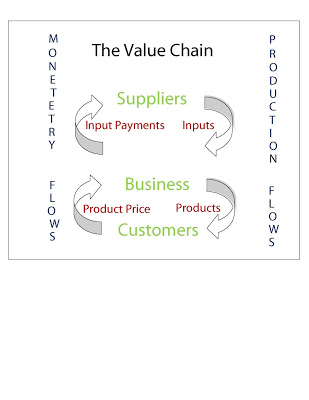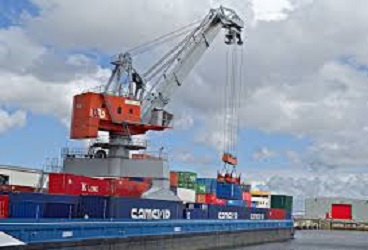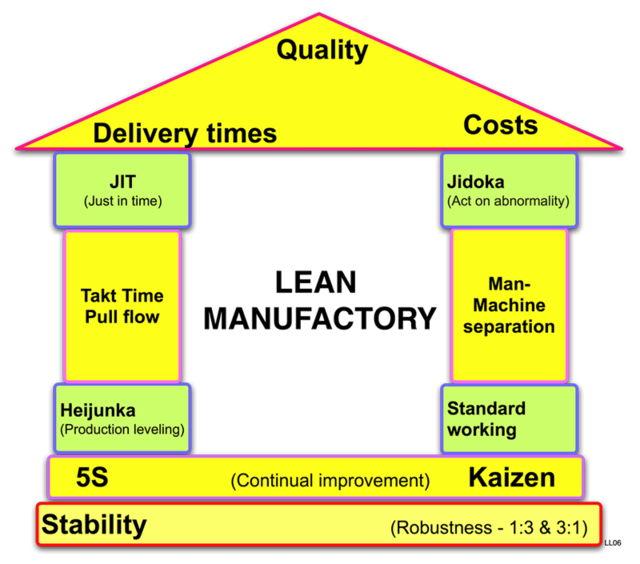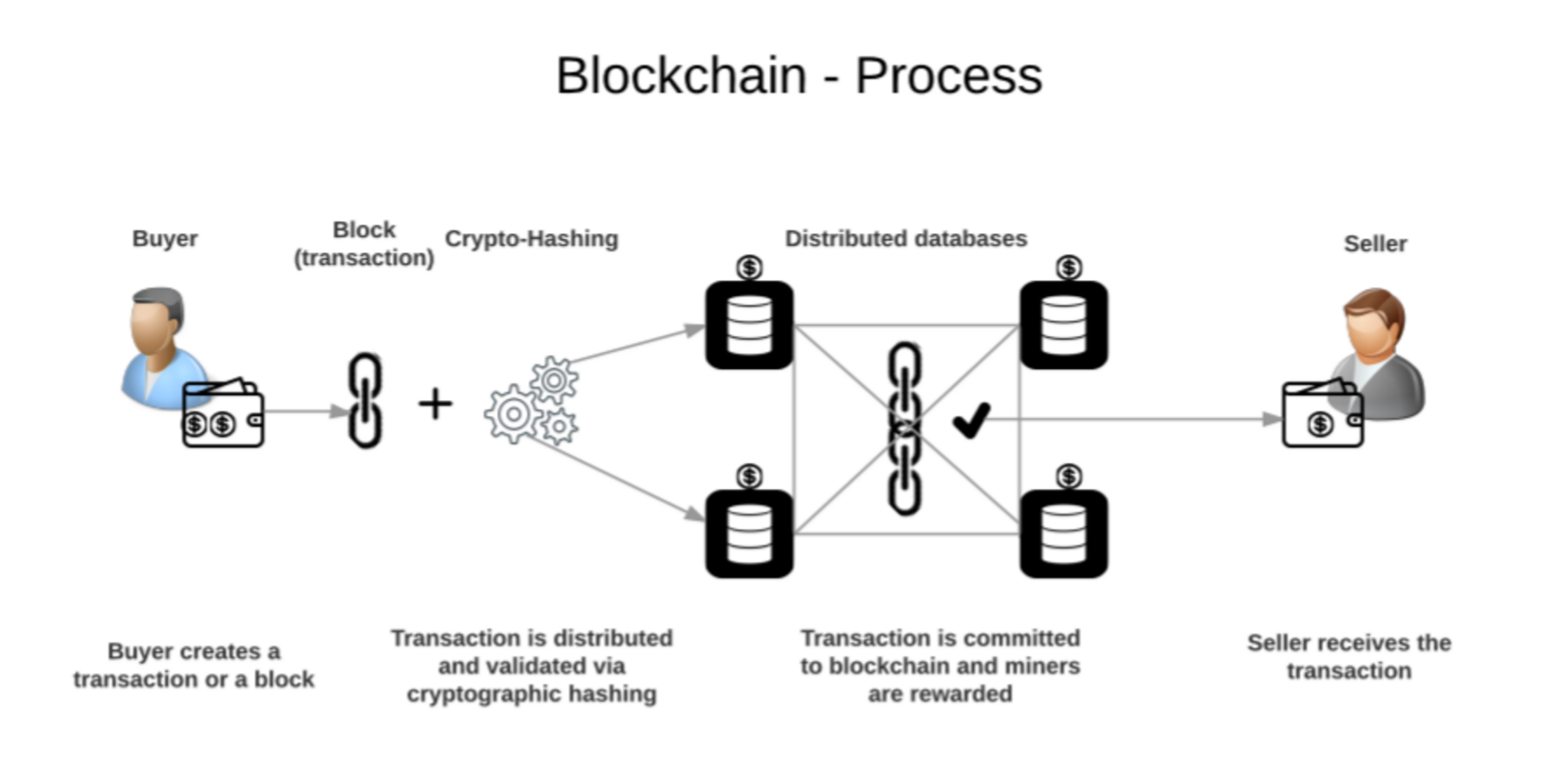Abstract A firm value chain is a representation of various processes involved in producing goods and services starting with raw materials and ending with delivery of the finished goods to the customer.Value chain begins with new product development, which creates new product or service.The functioning of the value chain is supported by the human resources, accounting and Information technology.The value […]
Category: Supply Chain Management
A discussion about global supply chain risks management
Abstract Supply Chain managers have to handle the risks that the particular supply chain faces. Some risks emanate from the third party suppliers and logistic provider side, who are engaged to fill up some requisites of the supply chain and consumers. The purpose of this paper is to take a step back and look at what third party risk really […]
Bonded Warehouse and Supply Chain Management issues(Part-1):
Supply Chain Management (SCM) involves designing, planning, executing, controlling, and monitoring supply chain activities to increase value, build infrastructure, leverage logistical needs, supply and demand, and measure performance globally. SCM integrates with logistics, procurement, operations management, and information technology. Bonded warehouses are secure areas where dutiable goods are stored without duty payment, managed by the state or private companies. Special Economic Zones (SEZs) are bonded logistical parks with trade arrangements over specific geographic areas, under customs supervision, and integral to the global supply chain.
Strategic shipper carrier relationship: Transportation management
Introduction: In a supply chain management, the first decision the shipper need to take, whether they will make transportation in-house or use a third party carrier. Usually, using third party carrier is mostly found. Using a third party carrier arises the question of shipper-carrier relationship management.With globalization, shipments have been increased very much. In this perspective, companies need to give […]
A discussion on Lean, Six Sigma and Kaizen in the context of manufacturing :
Abstract The popular definition of Lean Manufacturing and the Toyota Production System conventionally consists of the following: To solve the quandary of waste, Lean Manufacturing has The TPS is often used interchangeably with the terms Lean Manufacturing and Lean. Even more importantly, a Lean process is characterized by Lean and the Toyota Production System. The main reason of Lean Manufacturing or TPS is every step of manufacturing should be improved. Lean manufacturing involves never ending efforts to eliminate or reduce “Muda“, a Japanese term used to reduce waste, which does not add value to Supply Chain while make design, manufacturing, distribution and customer service processes in the respective Supply Chain. Things are visually displayed: For communicating with all sorts of people in the factory /supply chain unit visual displays are used as a great tool in the lean manufacturing process.Some techniques used in Lean Manufacturing to eliminate errors of the equipment operator. Keywords: TPS,Muda,Lean, 5s,Six Sigma etc. Introduction: Lean manufacturing is a synchronized method with which a supply chain can eradicate waste from its production process. According to customer needs, production process is required to develop, so that produced goods become more valuable product in quality. In contemporary manufacturing many supply […]
The blockchain technology and transportation management
Abstract: In blockchain technology, if we relish to transmute the data of a block, we have to transmute the earlier block with it, or the whole blockchain would be invalid. When others of the blockchain verify the data it will be permanent and the transaction would be completed. Blockchain technology in transportation management ameliorates efficacy because of the technology’s capability […]
A discussion to eradicate misconceptions about Green Supply Chain Management (GSCM)
Abstract GSCM aims to minimize or eliminate wastages including hazardous chemicals, emissions, energy, and solid waste along the supply chain such as product design, material resourcing, manufacturing process, and distribution of final product management business activities can pose a paramount threat to the environment in terms of carbon monoxide emissions, discarded packaging materials, scrapped toxic materials, traffic congestion and other […]







